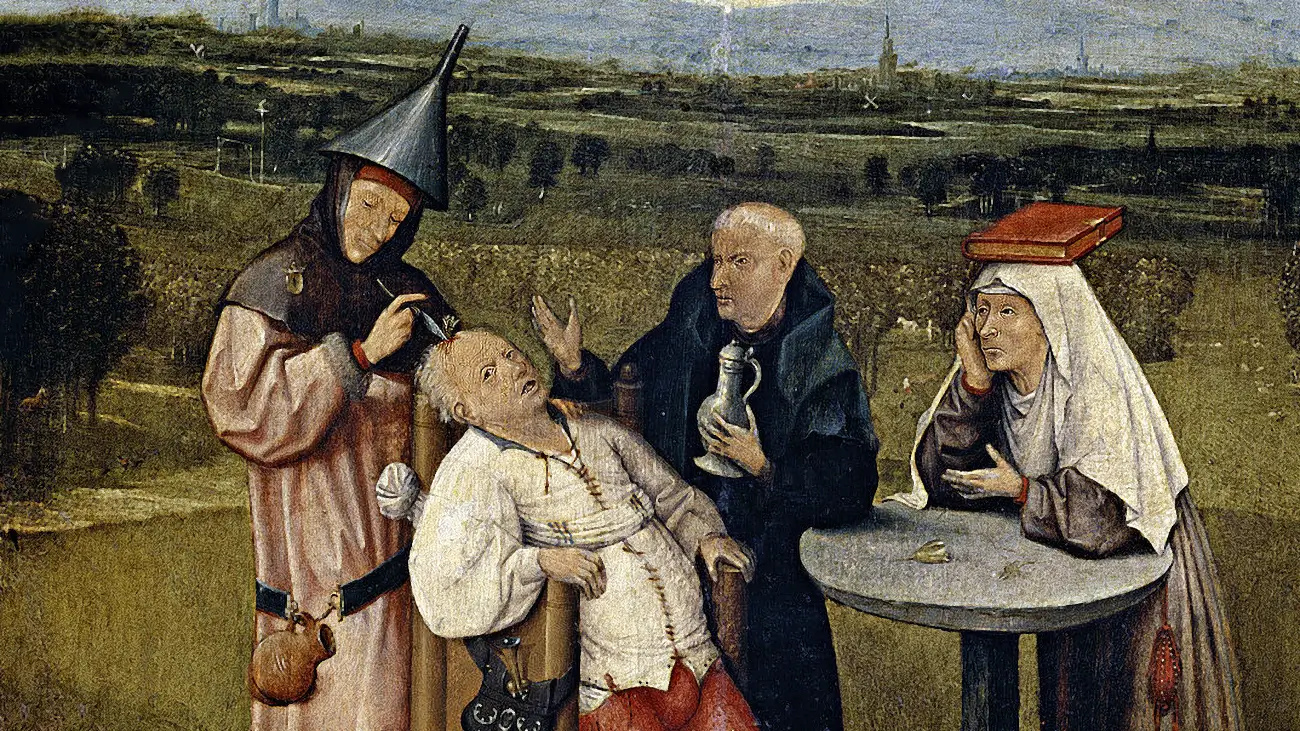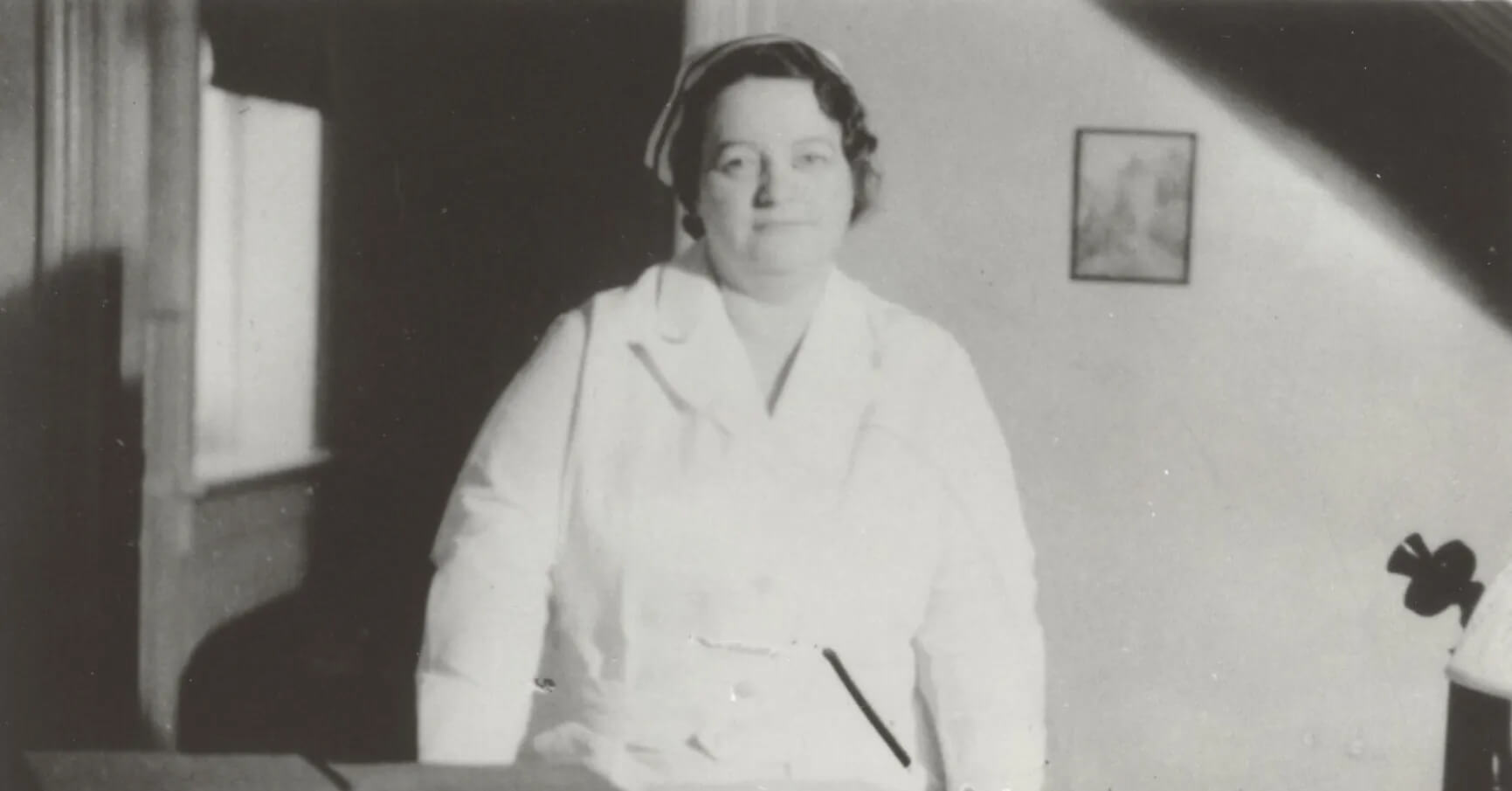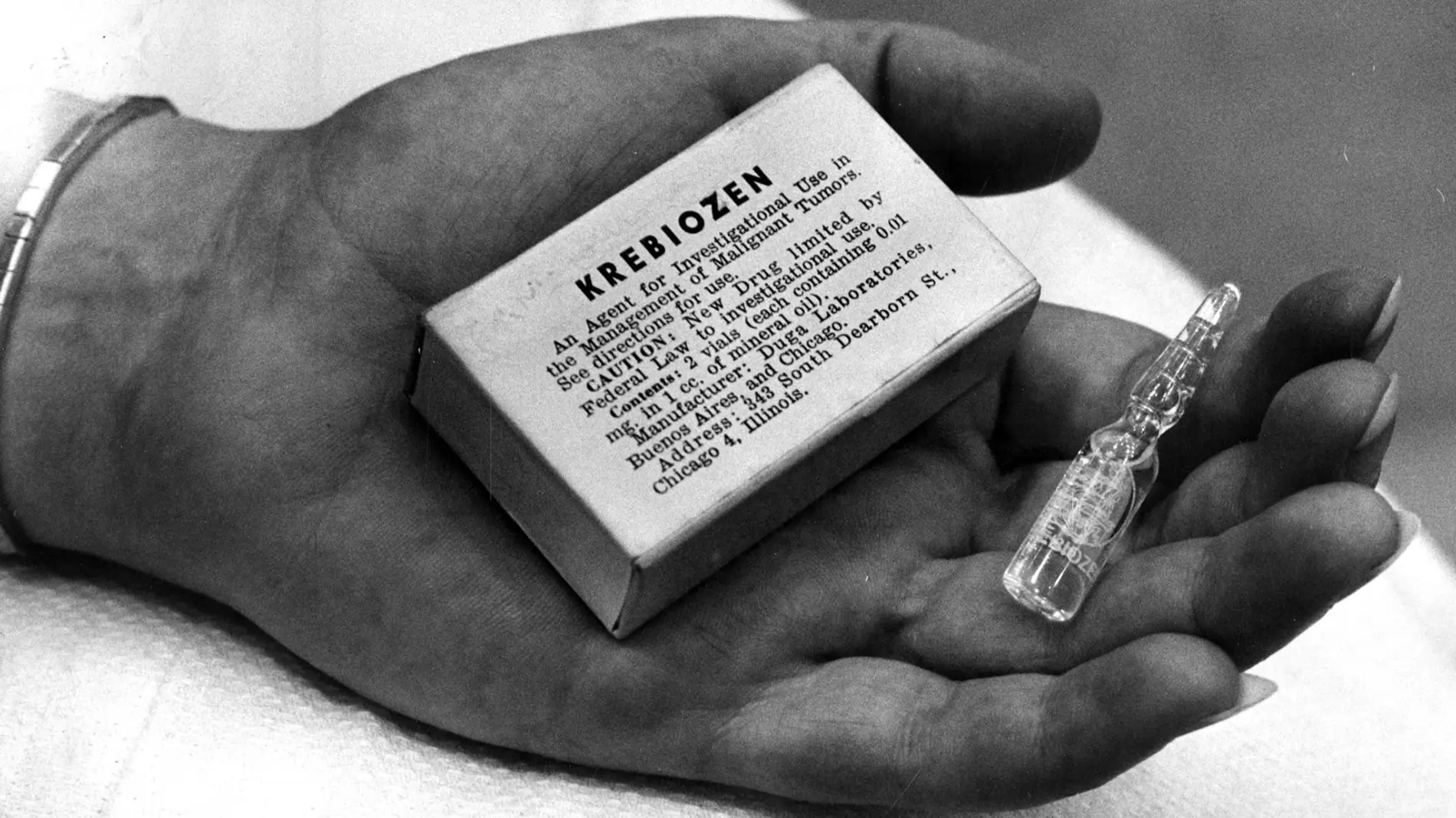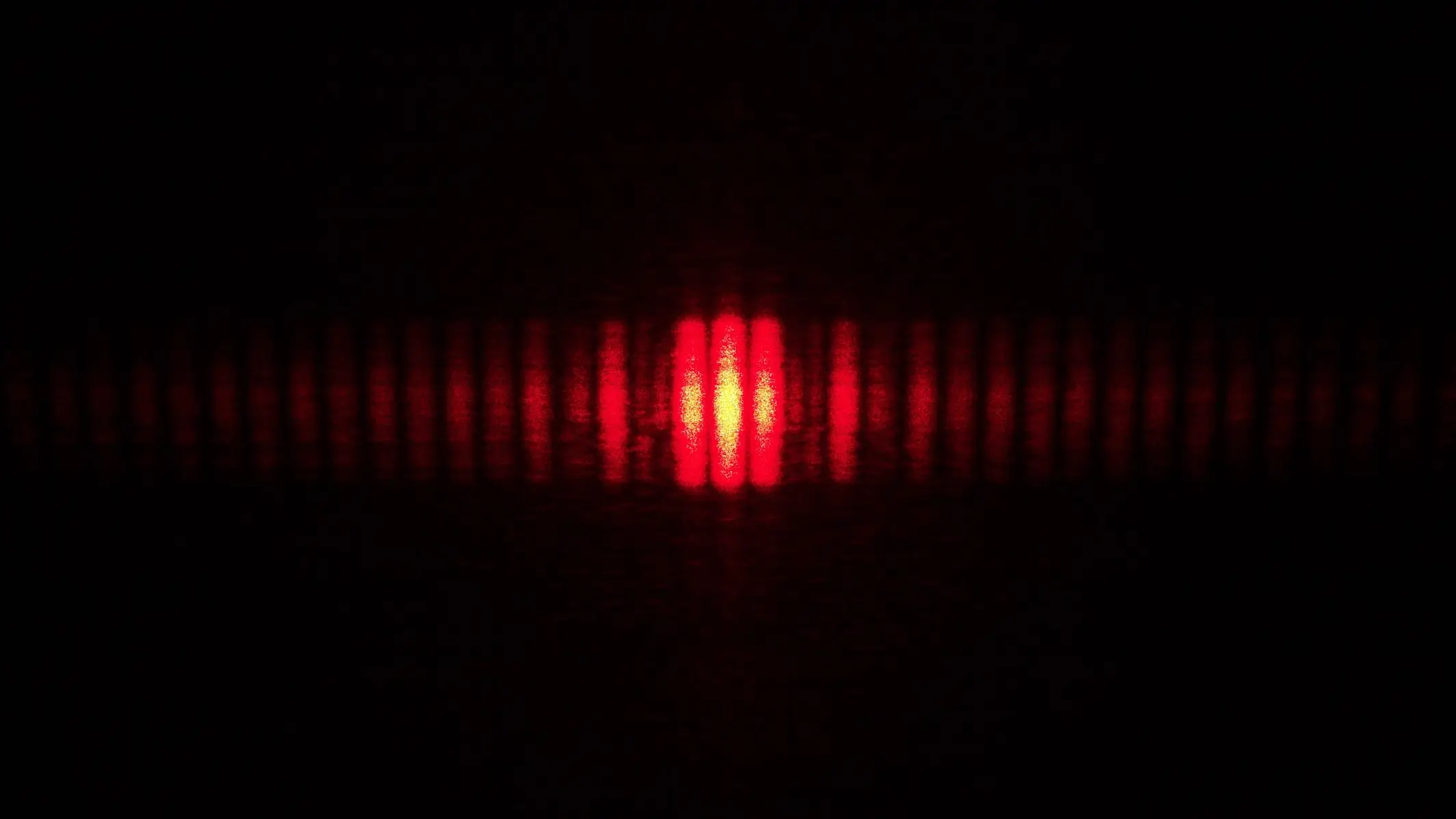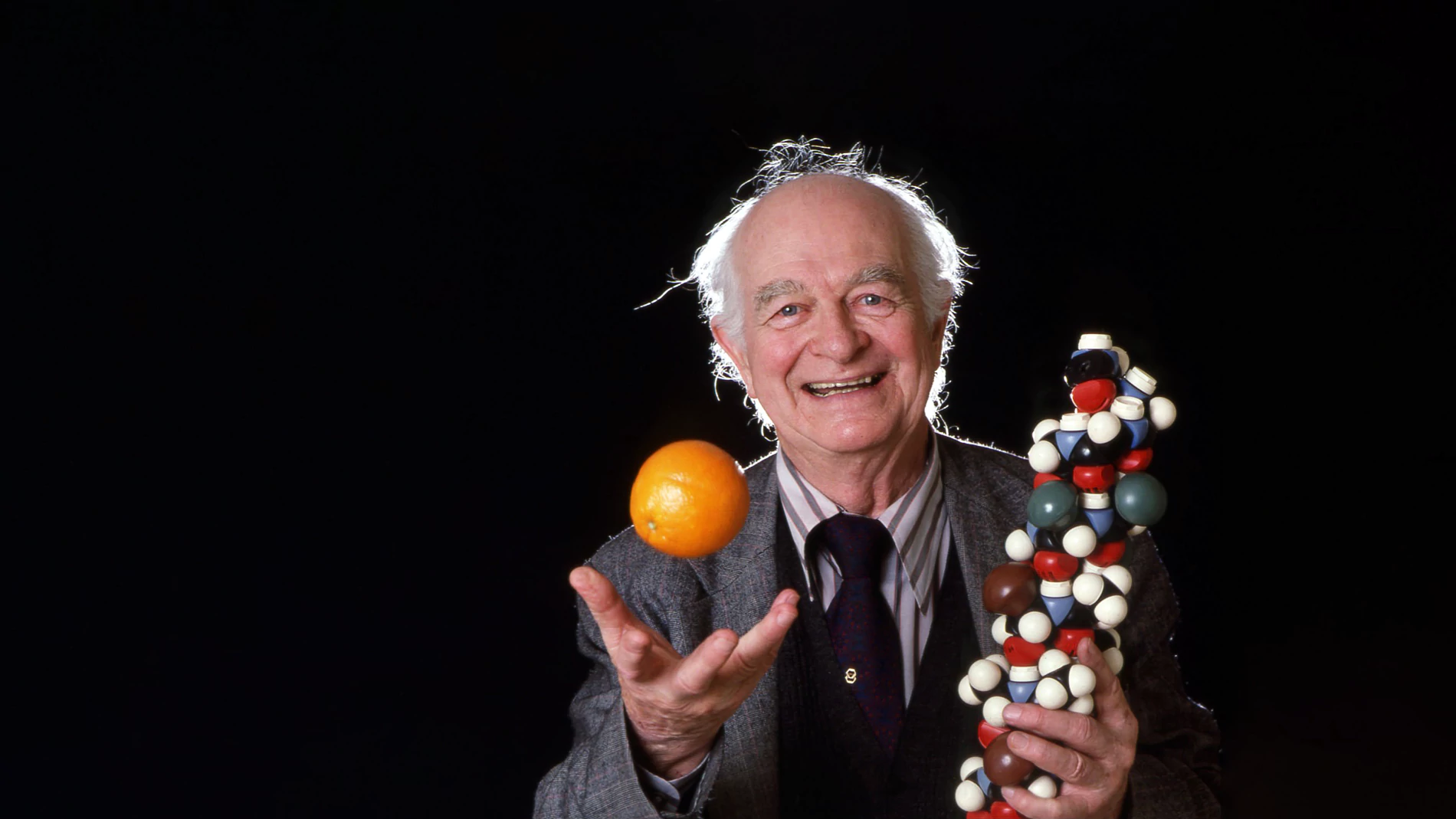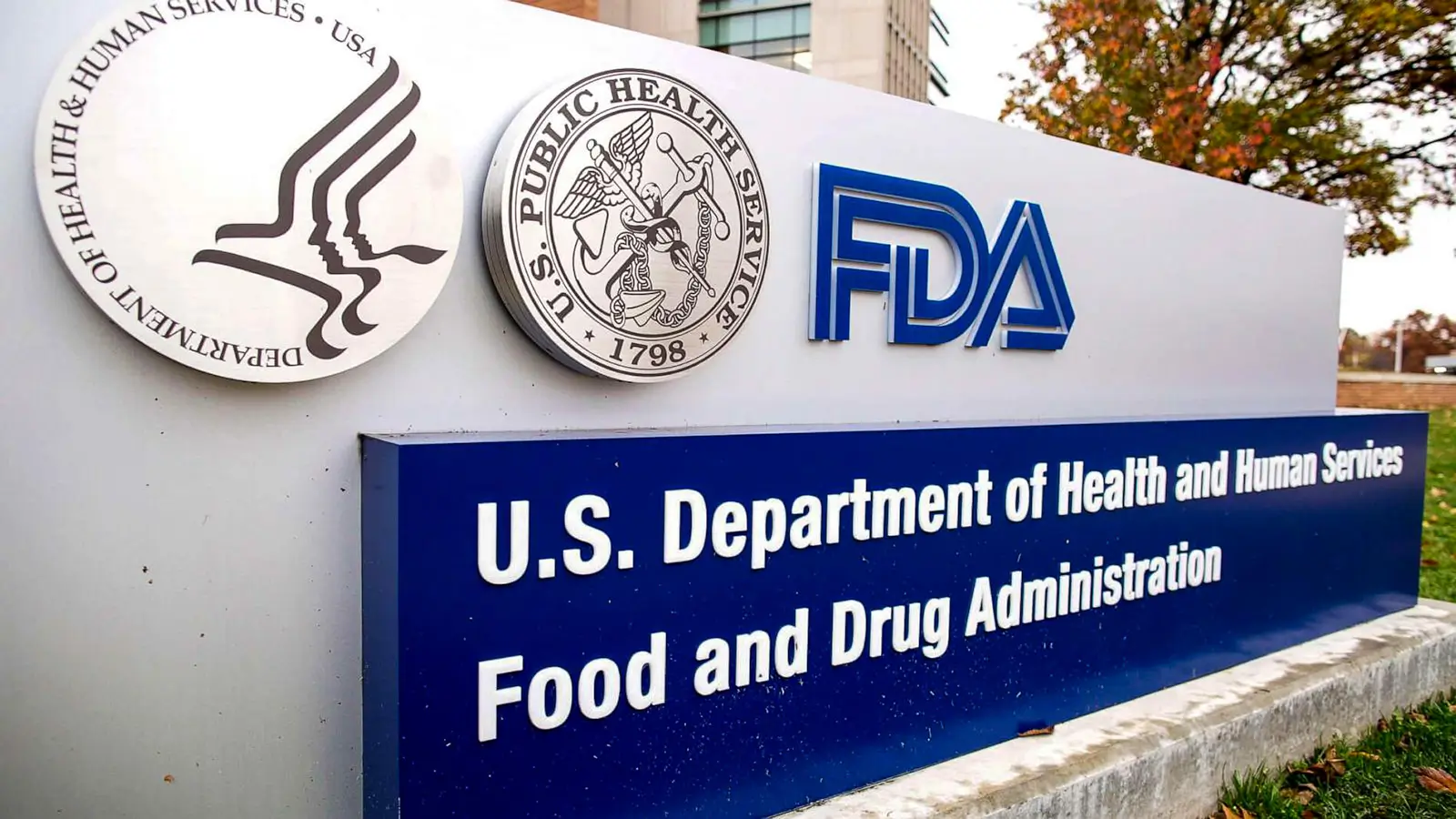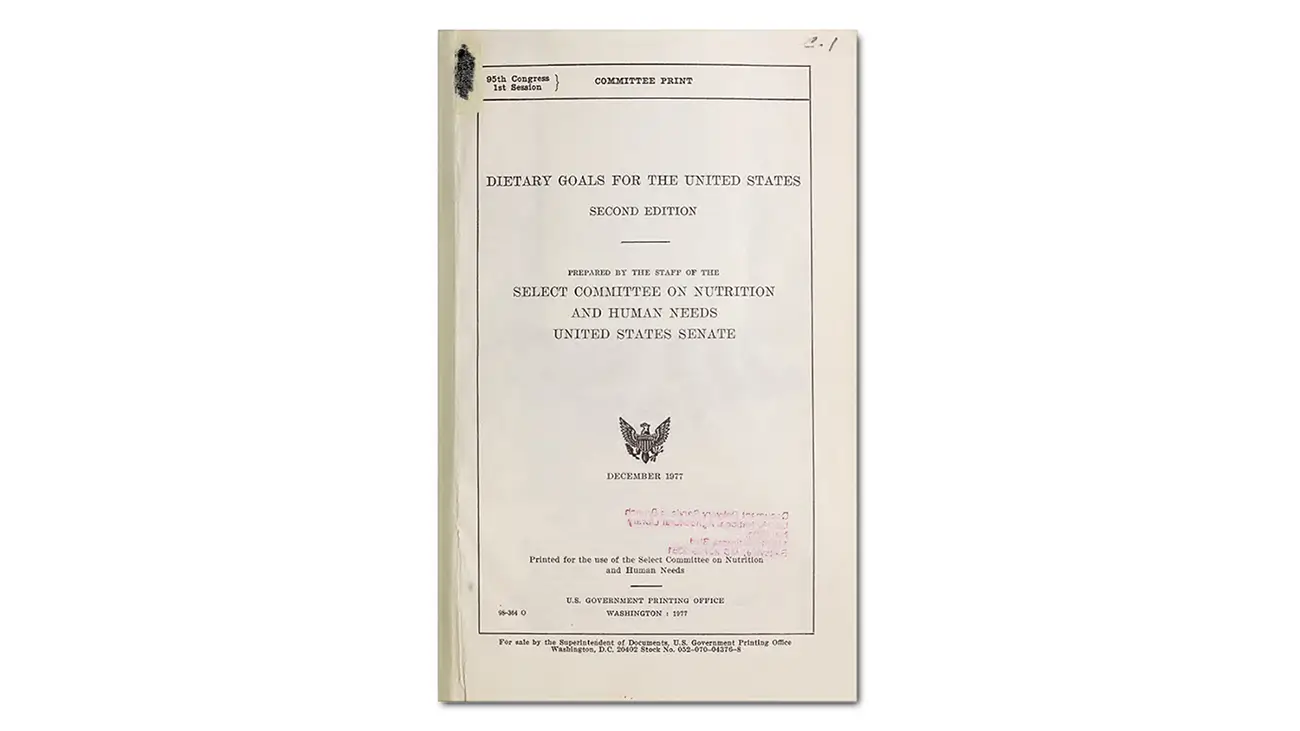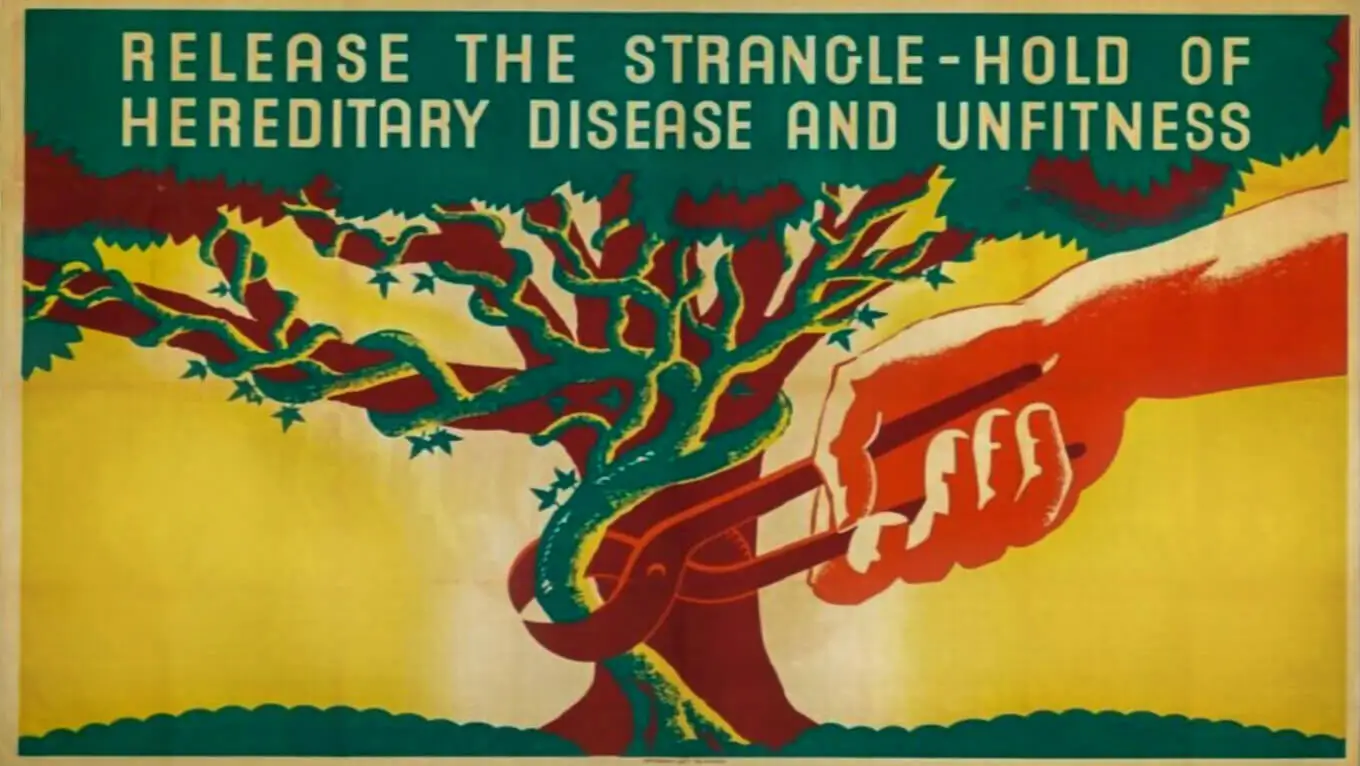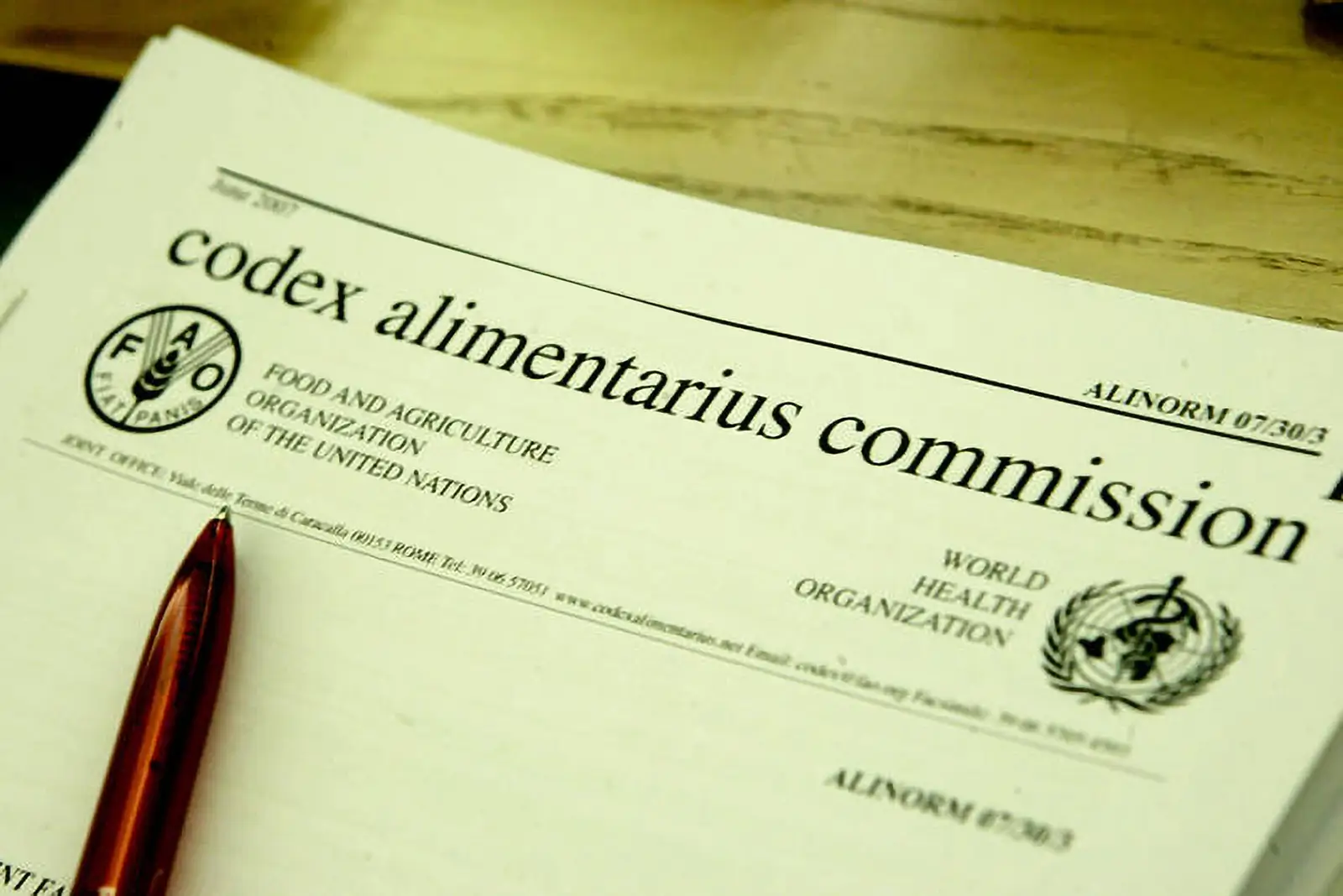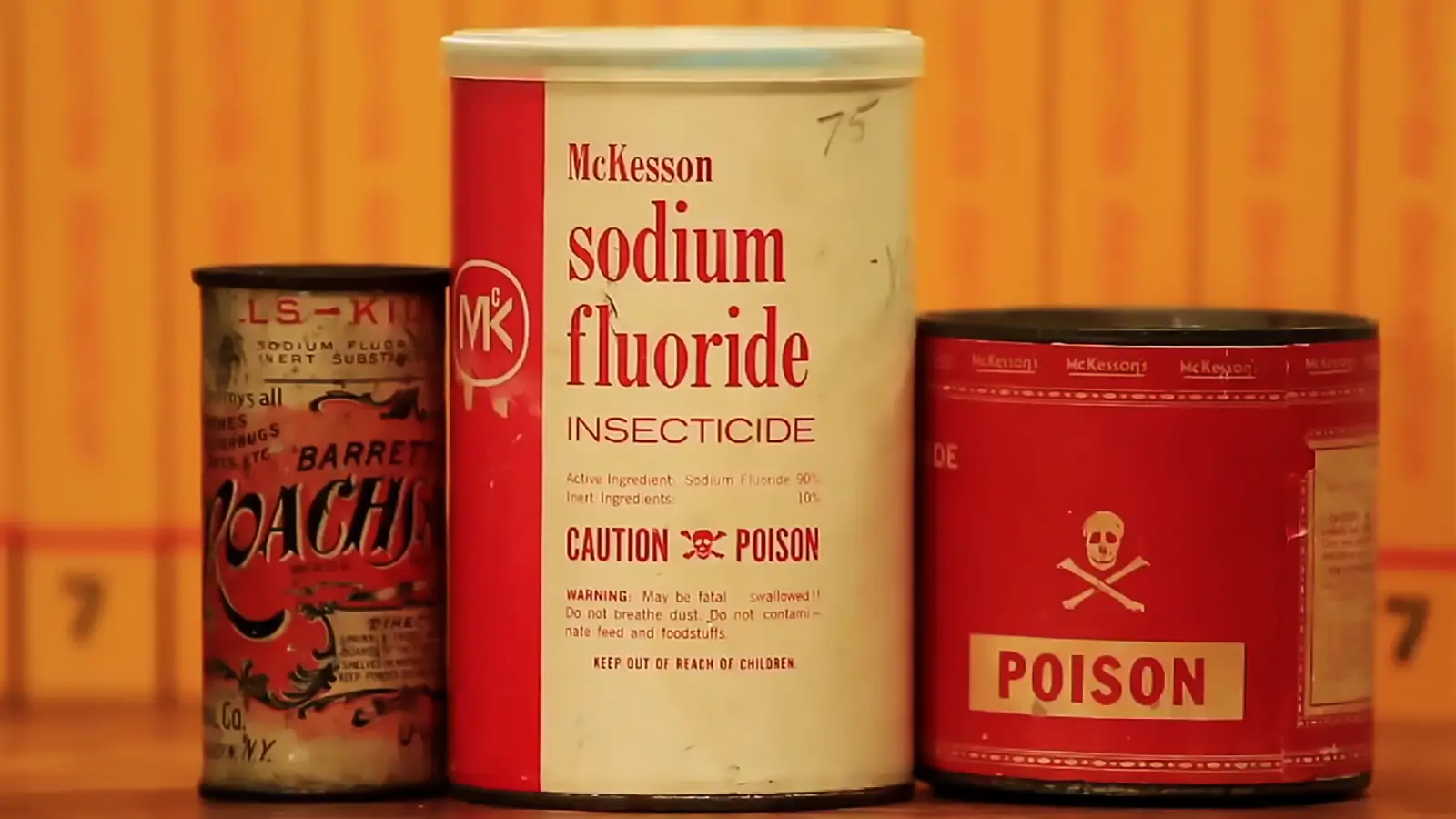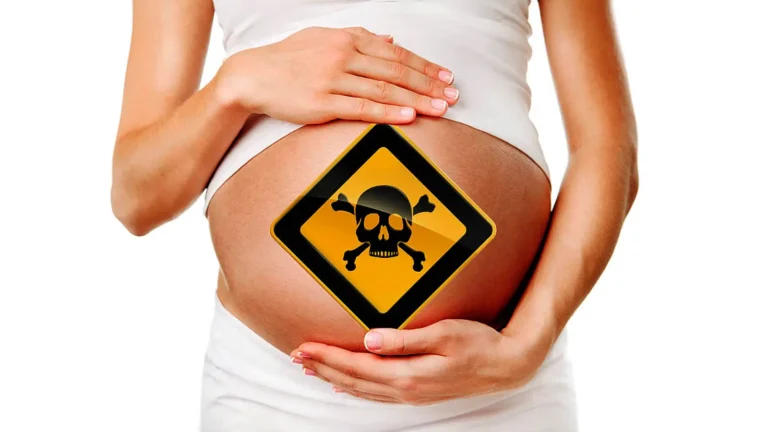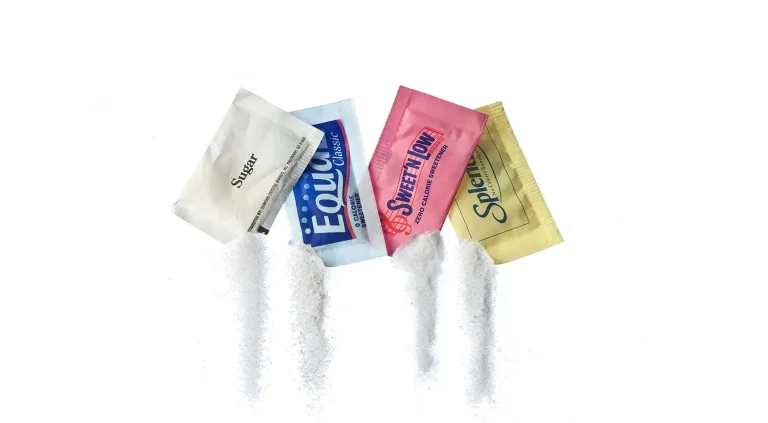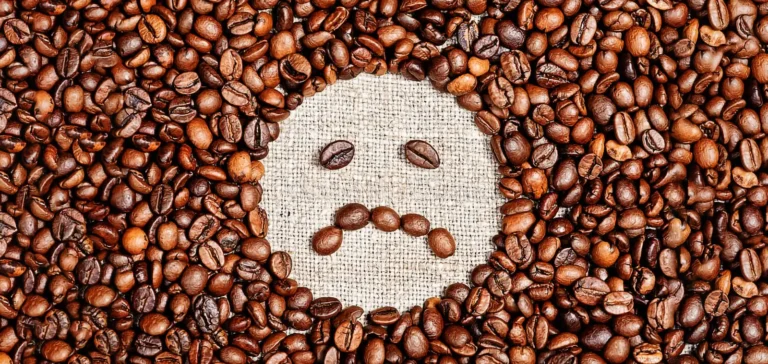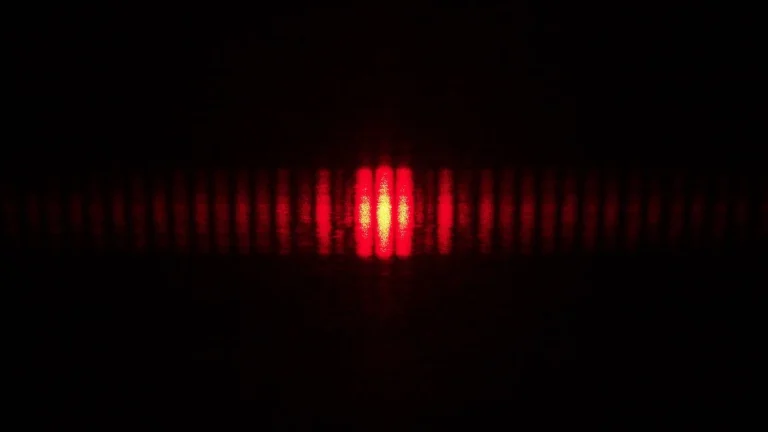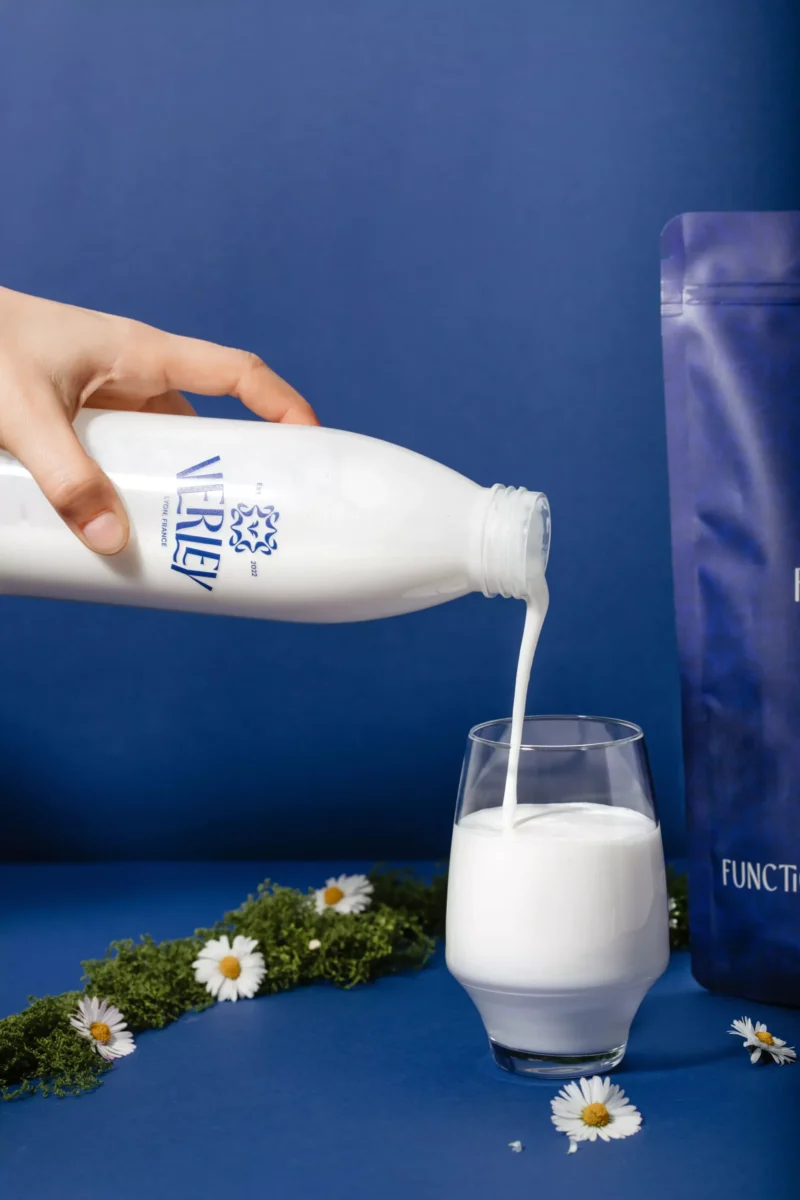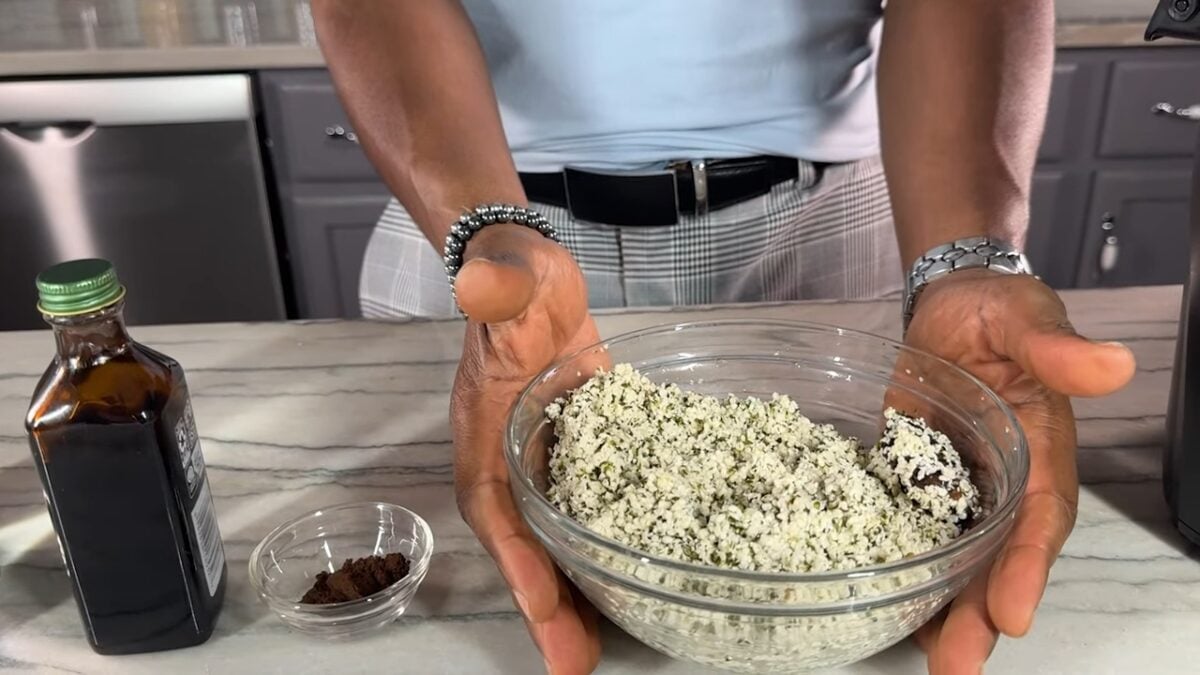Cancer, The Forbidden Cures- Immuno-augmentative therapy (IAT)
Dr. Lawrence Burton developed a system (Immuno-augmentative therapy) that could attack tumors in the early sixties. Then came the contract negotiations. Burton became the enemy.
Milos Pokimica
Written By: Milos Pokimica
Medically Reviewed by: Dr. Xiùying Wáng, M.D.
Updated June 9, 2023The list of suppressing cancer therapies that were never tested by the FDA that we do know about is very long. If the average person would go thru the litany and read all of the congressional investigations looking into cancer and read the 1963 hearings on Krebiozen or for example 1981 hearings of Senator Paula Hawkins from Florida that was investigating the fraud in the National Cancer Institute I think that it would be a lot of anger and emotions and uproar.
In 1986 an uproar among cancer patients forced Congress to look into yet another one of the charges of medical suppression.
The pattern was the same.
Cancer researcher Lawrence Burton, Ph.D., had a successful cancer treatment by Immuno-augmentative therapy (IAT) that was developed by him. He claimed that it could control all forms of cancer by restoring natural immune defenses. A form of vaccination line therapy for tumors where the immune system is trained to recognize the tumor. He was injecting blood serum proteins isolated with processes he had patented. Dr. Burton’s activity focused on cytokines.
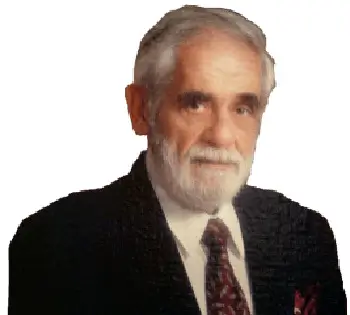
These are proteins that produce cell signaling functions inside the immune system. Some of these were later called TNF. He discovered that these could kill the tumor initially, but in time it stops to work. Dr. Burton’s theory was that to avoid toxicity in the body something must block TNF from attacking the tumor. He theorized that there must be a blocking protein. He thought that if he could eliminate the blocking protein, TNF would be capable of attacking cancer. He analyzed more than 3000 patients with the conclusion that cancer patients have a distinct profile that involves too little unblocking protein, and too much-blocking protein. In his theory, to test it he every day took a small amount of blood from the subject to measure different immune factors. Many blood plasma shots from donors are given throughout the day to balance the proteins. The process has been shown to extend the lives of many patients with advanced diseases considerably and to give them an enhanced quality of life. However, Burton did not publish detailed clinical reports, divulge the details of his methods, publish meaningful statistics, conduct a controlled trial, or provide independent investigators with specimens of his treatment materials for analysis.
He constancy accused a government that it wants to get hold of his work and was a bit paranoid. However, he was probably right, and the pattern proved to be the same.
National Cancer Institute accused him of quackery and refused investigation. If you ask the American Cancer Society, the existence of blocking and deblocking proteins has not been verified, and IAT is an unproven treatment.
However, today we know that this treatment is more effective than any other treatment for some specific forms of cancer. Not for all but for some it is extremely useful. For example, treatment is a success with mesothelioma – cancer caused by asbestos. For this form of cancer, the response is better than any other known therapy in the world or it can be used as an addendum to traditional treatments.
However, it does not matter. He did not want to sell.
Burton later charged the NCI with illegally trying to attain his methods. They come after him like they always do so under pressure he moved his clinic to the Bahamas in the 1970s. And It should also be noted that it was through Dr. Burton’s research that TNF (Tumor Necrosis Factor) was discovered. He was not a quack.
Dr. Lawrence Burton developed a system that could attack tumors in the early sixties. In the early stages of research, he got funding (The Damon Runyon Fund). The American Cancer Society sent him someone to work with him. Over the next two years, Dr. Burton’s research flourished and expands. Invited by the American Cancer Society to a national seminar of oncologists he did demonstrate his methods. In 1965, Burton did experiments on mice with solid tumors.
It was observed by the American Cancer Society science editor himself, and he was shocked by what he saw. He reported:
“They injected the mice, and the lumps went down before your eyes – something I never believed possible.”
The following year in 1966, under the American Cancer Society. Dr. Burton appeared before the New York Academy of Sciences and performed a demonstration in front of 70 scientists and 200 science writers. Mice were vaccinated with the serum, and ninety minutes later, the tumors had nearly disappeared basically before your own eyes, and all of this was in front of 70 scientists. Allegedly.
Sounds too good to be true. Newspapers throughout the world ran the story on their front pages while the prestigious peer journals got their story from an investigator for Sloan-Kettering and Dr. Castle from the American Cancer Society. The Los Angeles Examiner wrote
“Fifteen Minute Cancer Cure for Mice: Humans Next?”.
Philadelphia Bulletin:
“Demonstrated before our very eyes that injection of a mysterious serum…caused the disappearance of massive tumors in mice within a few hours.”
However, the real cure is not what they want, so the medical community did not approve. They challenged the validity of the trial and advised that it has to be done by some trickery.
Five top scientists were so enraged they organized a press conference. However, they were persuaded by their colleagues to cancel it. Later that year Dr. Burton and his associate Dr. Friedman were invited by the New York Academy of Medicine to repeat the experiment. This time, of sixteen mice with cancer on display, the gathered assembly of oncologists and pathologists chose which of them should be injected with the tumor-inhibiting factors. To avoid magic tricks neither Dr. Burton nor Dr. Friedman gave the serum. The result was the same as in the previous experiment. Again too good to be true.
However, their precautions made no difference, as yet again he was accused of faking the whole experiment.
Then came the contract negotiations. The big wigs, NCI, Sloan-Kettering, and American Cancer Society wanted to buy it up from Burton.
They would give him grants and credit for it, but they wanted the rights.
Burton turned them down.
Burton became the enemy.
The funding stopped.
Invitations to speak vanished.
Publications refused to publish.
The attacks began.
After he moved his clinic, he probably thought that he was safe, but his problems did not end there. It was successful therapy and a threat to the system of control.
He and his clinic had to go no matter if they are not on the territory under the control of the American government directly.
In 1985 CNN and all other government control propaganda lunch the campaign against the clinic.
Burton’s serum came from human blood. So in 1985, in a speech by the Deputy Director of the National Cancer Institute, it was mentioned as if in an aside, that Burton’s IAT specimens contained HIV. Supposedly two families returning from his clinic to us had brought back 18 sealed IAT specimens. A Washington State blood bank examined them, and all of them contained hepatitis B while some tested positive for HIV. The Bahamian Ministry of Health and Pan American Health Organization visited Burton’s clinic, and in July of 1985, the Bahamian Government closed the clinic. Burton reopened his clinic in March of the following year, but in July, the FDA issued an import ban prohibiting anyone from bringing IAT into the United States. This ban is still in effect. And guess what, the congressional committee has since made these findings:
“IAT Clinic was closed in July 1985 based upon a false and alarming claim spread by NCI personnel of an aids risk “.
They concluded that the contamination report was false.
It came from a high NCI official. The inaccurate report was circulated in the AMA Journal, the officials from the White House and State Department. Even the families who had brought back sealed IAT specimens into the US never contracted hepatitis B nor were they ever tested to be HIV positive.
The closure of the Clinic accidentally coincided with the US releasing new drugs strikingly similar to the Burton one like Interleukin-2. As a result, 38 congressmen signed the formal request for the independent federal evaluation of “alternative” cancer therapies.
The reality is that there is a premeditated, well-organized, global conspiracy to control and abuse and maintain the status quo. To prevent any threat to the system by finding the cure or “alternative” non-patentable therapies or mechanisms that could not be regulated by the institutions.
The system includes the FDA, the Federal Government, parts of Congress, Big pharma, and so on. The way of business has been established, and they are not going to let anyone from the outside threaten their inner club.
When I did my initial research into medical suppression, I did not think I would find much. What I did find didn’t surprise me but what surprised me is the sheer number of cases. It is not just a couple of them. I stop my research at about 15. I lost the will. What suppressed me is that in the era of information technology there is no real discussion or knowledge about this in society. It is not that 1 percent of psychopaths that run this show are doing what they are doing, it is surprising that the rest of 99% of the population is docile. The information is available, but there is a low level of understanding. Freedom of information is freedom of choice. If this course of business continues in the near future, the information itself will be suppressed.
References:
Passages selected from a book: Pokimica, Milos. Go Vegan? Review of Science Part 2. Kindle ed., Amazon, 2018.
- Moss, Ralph W. Ph.D., “The Cancer Industry, Unraveling the Politics,” Chapter 12: “Burton’s Immunological Method,” Paragon House,1996
- Burton, Lawrence, et al., “The Purification and Action of Tumor Factor Extracted from Mouse and Human Neoplastic Tissue,” Transactions of the New York Academy of Sciences, 21:700-707, June 1959.
- Pelton, Ross, and Lee Overholser, “Alternatives in Cancer Therapy: The Complete Guide to Non-traditional Treatments.” Chapter 22, “Immuno-Augmentative Therapy,” New York: Fireside, 1994
- “Best-Case Series for the Use of Immuno-Augmentation Therapy and Naltrexone for the Treatment of Cancer. Summary.” Evidence Report/Technology Assessment: No. 7. AHRQ Publication No. 03-E029. April 2003.
- The Burton Goldberg Group, Alternative Medicine, The Definitive Guide, “Immuno-Augmentative Therapy (IAT),” pages 576-577, Future Medicine Publishing, 1993
ORGANIZATIONS
IAT – Immune Augmentation Therapy Non-Toxic Cancer Immunotherapy Toll-Free phone in US and Canada: 561-766-0878 quantimmuno@gmail.com www.immunetherapy.net
604 East Street – P.O. Box 10 Otho, Iowa 50569 USA 515-972-4444 Fax: 515-972-4415 info@PeopleAgainstCancer.org www.peopleagainstcancer.org
Related Posts
Do you have any questions about nutrition and health?
I would love to hear from you and answer them in my next post. I appreciate your input and opinion and I look forward to hearing from you soon. I also invite you to follow us on Facebook, Instagram, and Pinterest for more diet, nutrition, and health content. You can leave a comment there and connect with other health enthusiasts, share your tips and experiences, and get support and encouragement from our team and community.
I hope that this post was informative and enjoyable for you and that you are prepared to apply the insights you learned. If you found this post helpful, please share it with your friends and family who might also benefit from it. You never know who might need some guidance and support on their health journey.
– You Might Also Like –

Learn About Nutrition
Milos Pokimica is a doctor of natural medicine, clinical nutritionist, medical health and nutrition writer, and nutritional science advisor. Author of the book series Go Vegan? Review of Science, he also operates the natural health website GoVeganWay.com
Medical Disclaimer
GoVeganWay.com brings you reviews of the latest nutrition and health-related research. The information provided represents the personal opinion of the author and is not intended nor implied to be a substitute for professional medical advice, diagnosis, or treatment. The information provided is for informational purposes only and is not intended to serve as a substitute for the consultation, diagnosis, and/or medical treatment of a qualified physician or healthcare provider.NEVER DISREGARD PROFESSIONAL MEDICAL ADVICE OR DELAY SEEKING MEDICAL TREATMENT BECAUSE OF SOMETHING YOU HAVE READ ON OR ACCESSED THROUGH GoVeganWay.com
NEVER APPLY ANY LIFESTYLE CHANGES OR ANY CHANGES AT ALL AS A CONSEQUENCE OF SOMETHING YOU HAVE READ IN GoVeganWay.com BEFORE CONSULTING LICENCED MEDICAL PRACTITIONER.
In the event of a medical emergency, call a doctor or 911 immediately. GoVeganWay.com does not recommend or endorse any specific groups, organizations, tests, physicians, products, procedures, opinions, or other information that may be mentioned inside.
Editor Picks –
Milos Pokimica is a doctor of natural medicine, clinical nutritionist, medical health and nutrition writer, and nutritional science advisor. Author of the book series Go Vegan? Review of Science, he also operates the natural health website GoVeganWay.com
Latest Articles –
Plant Based News
-
Some Dogs Can Sort Toys By Function, Says New Study On Canine ‘Label Extension’
on November 5, 2025
-
Courgette, Leek, White Bean And Kale Stew
on November 5, 2025
-
Precision Fermented Dairy Proteins Receive ‘No Questions’ Approval From FDA
on November 4, 2025
-
This One-Pan Ramen Is Ready In 30 Minutes
on November 4, 2025
-
How to Make Fresh Vanilla Hemp Milk at Home
on November 3, 2025
-
Animal Farming Is ‘World’s Biggest Cause Of Food Waste,’ Says Report
on November 3, 2025
-
Butter Bean And Sweet Papas Coconut Stew
on November 2, 2025
Top Health News — ScienceDaily
- Scientists uncover meditation’s hidden side effectson November 5, 2025
Meditation is widely praised for its mental health benefits, but new research shows that it can also produce unexpected side effects for some people—from anxiety and dissociation to functional impairment. Psychologist Nicholas Van Dam and his team found that nearly 60% of meditators experienced some kind of effect, and about a third found them distressing.
- Most Americans don’t know alcohol can cause canceron November 5, 2025
Most U.S. adults don’t realize alcohol raises cancer risk, and drinkers themselves are the least aware. Scientists say targeting these misbeliefs could significantly reduce alcohol-related cancer deaths.
- A breakthrough map reveals how the brain really workson November 5, 2025
Scientists have shown that brain connectivity patterns can predict mental functions across the entire brain. Each region has a unique “connectivity fingerprint” tied to its role in cognition, from language to memory. The strongest links were found in higher-level thinking skills that take years to develop. This work lays the groundwork for comparing healthy and disordered brains.
- A shapeshifting protein explains rabies’ deadly poweron November 5, 2025
Researchers discovered how rabies virus exerts massive control over host cells with very few genes. A key viral protein changes shape and binds RNA, allowing it to infiltrate different cellular systems. This adaptability could explain the power of other deadly viruses, including Nipah and Ebola. The breakthrough may lead to next-generation antivirals or vaccines.
- Cockroaches are secretly poisoning indoor airon November 5, 2025
Cockroach infestations don’t just bring creepy crawlers, they fill homes with allergens and bacterial toxins that can trigger asthma and allergies. NC State researchers found that larger infestations meant higher toxin levels, especially from female roaches. When extermination eliminated the pests, both allergens and endotoxins plummeted. The findings highlight how pest control is vital for cleaner, healthier air indoors.
- Scientists shocked to find E. coli spreads as fast as the swine fluon November 5, 2025
Researchers have, for the first time, estimated how quickly E. coli bacteria can spread between people — and one strain moves as fast as swine flu. Using genomic data from the UK and Norway, scientists modeled bacterial transmission rates and discovered key differences between strains. Their work offers a new way to monitor and control antibiotic-resistant bacteria in both communities and hospitals.
- Tiny molecules could stop glaucoma before it blindson November 5, 2025
Scientists at Mizzou have identified two small molecules, agmatine and thiamine, that could both reveal and fight glaucoma. Their research shows these compounds are lower in glaucoma patients, suggesting they may serve as early warning markers. Even better, they might help protect retinal cells from damage, potentially slowing or stopping vision loss. The discovery could revolutionize how the disease is detected and treated.
PubMed, #vegan-diet –
- Impact of in vitro digestion on the cytotoxicity and microbial viability of cholinesterase-inhibitor-rich vegan soups in human intestinal cell modelson November 1, 2025
Vegan lunch soups formulated with mushroom, asparagus, leek, and sea buckthorn were previously developed by our team to provide a consistent daily intake of dietary cholinesterase inhibitors. Considering the proposed continuous consumption of these functional soups, it is essential to examine any cytotoxic responses that may occur in the gastro-intestinal tract. This work starts this topic by investigating the effect of in vitro digested soups towards selected human intestinal cells and…
- A 6-Month, Prospective, Multi-arm Study for the Efficacy of Standardized Nutraceuticals to Improve Hair Fiber Thickness and Strengthon October 31, 2025
CONCLUSIONS: This study demonstrates that ingestion of these bio-specific HGNs are associated with significantly enhanced hair shaft diameter and decreased breakage, resulting in longer, stronger hair across their intended populations. These findings support the use of these HGNs for hair thinning, offering alternative options for various populations for improving hair growth and thickness.
- Consumer Acceptance of Sustainable Cat Diets: A Survey of 1380 Cat Guardianson October 29, 2025
There is increasing awareness about the adverse environmental and ‘food’ animal welfare impacts associated with the production of meat-based pet food. However, little is known about cat guardians’ acceptance of more sustainable food choices for the global population of approximately 476 million pet cats. By surveying 1380 cat guardians, this study explored feeding patterns used by guardians, determinants of their cat food choices, and their acceptance levels of more sustainable cat food…
- Consumer Acceptance of Sustainable Dog Diets: A Survey of 2639 Dog Guardianson October 29, 2025
Interest in more sustainable diets for the global population of 528 million companion dogs is steadily increasing, encompassing nutritionally sound cultivated meat, vegan, and microbial protein-based dog foods. Factors driving these alternative dog foods include lower impacts on the environment, fewer welfare problems related to intensively farmed animals and wild-caught fish, and potentially superior canine health outcomes, relative to conventional meat-based dog food. Through a […]
- Beliefs and behaviours associated with vegetarian, vegan, and gluten-free diets among Canadians capable of bearing childrenon October 29, 2025
There is increased interest in self-selected exclusionary diet patterns, specifically vegetarian, vegan, and gluten-free (GF) diets, but there is a lack of research exploring the beliefs and behaviours surrounding these diets in Canadians capable of bearing children (CCBC). The goal of this study was to explore the beliefs and behaviours of CCBC who follow vegetarian, vegan, and/or GF diets using mixed methods. A self-administered online Qualtrics™ survey containing 102 questions was […]
Random Posts –
Featured Posts –

Latest from PubMed, #plant-based diet –
- Diet quality scores and incidence of cardiovascular events: A 4-year prospective study of patients in cardiology secondary care (BALANCE Program Trial)by Aline Rosignoli da Conceição on November 5, 2025
As a modifiable determinant, dietary patterns are a crucial factor in the prevention of cardiovascular disease (CVD), as they account for more than half of all CVD-related deaths and disabilities. Thus, we aimed to assess whether changes in diet quality along with six a priori-defined diet scores were associated with the incidence of cardiovascular (CV) events during four years of follow-up of secondary care cardiology patients. We conducted a secondary prospective analysis of 1,704, 1,629 […]
- Dietary animal fat disrupts gut microbiota and aggravates Scl-cGVHD after allogeneic hematopoietic stem cell transferby Danielle D Millick on November 5, 2025
Allogeneic Hematopoietic Stem Cell Transplant (allo-HCT) is an effective treatment for high-risk or relapsed acute leukemia. However, the frequent occurrence of graft-versus-host disease (GVHD) poses significant complications. Modifiable factors such as the gut microbiome and dietary regimen have the potential to influence the frequency and severity of GVHD. Previous studies in mouse models have shown a direct link between obesity and increased severity of GVHD. Analysis of human data has not…
- Dose-response effects of a mixed condensed and hydrolyzable tannin extract on methane production and diet digestibility using the in vitro gas production techniqueby Jordan M Adams on November 5, 2025
Several studies have evaluated the impact of isolated condensed or hydrolyzable tannin extract (TE) supplementation for beef cattle on methane (CH4) mitigation and metabolic functions, but fewer have evaluated their combination. Our objective was to investigate changes in in vitro fermentation dynamics, CH4 production, neutral detergent fiber digestibility (ivNDFD), and ruminal volatile fatty acid (VFA) concentrations in response to the inclusion rate of a TE blend (Silvafeed ByPro; […]
- Discovery of urinary biomarkers of kiwifruit intake in a randomized intervention studyby Zilin Xiao on November 4, 2025
CONCLUSIONS: This study identified potential biomarkers of kiwifruit and developed a prediction model that may differentiate consumers. Further validation is necessary to confirm the reliability and generalizability of our findings.
- Nourishing the Skin: A Review of Diet’s Role in Hidradenitis Suppurativaby Jordan Beam on November 4, 2025
Hidradenitis suppurativa (HS) is a complex skin condition influenced by both genetic and environmental factors. Increasing evidence points to diet as a key contributor to disease severity through systemic inflammatory pathways. A review of recent literature was conducted to evaluate the relationship between dietary patterns and advancement of HS. Pro-inflammatory diets such as the Western diet, leucine-rich diets, and brewer’s yeast were associated with HS exacerbation through mTOR activation…
- Energy balance in cyclists on plant-based diets during a 30-day, 4300-km ride across Canada: Two case studiesby Sarah A Purcell on November 3, 2025
The popularity of ultra-endurance events and plant-based diets highlights the importance of understanding the energetics of athletes with diverse dietary preferences. This study examined energy balance in two recreational cyclists on plant-based diets (male, 41 years; female, 38 years) during a 30-day cross-Canada ride. Resting energy expenditure was measured via whole-room indirect calorimetry before and after the ride. Total energy expenditure (TEE) was assessed using doubly labeled water…

